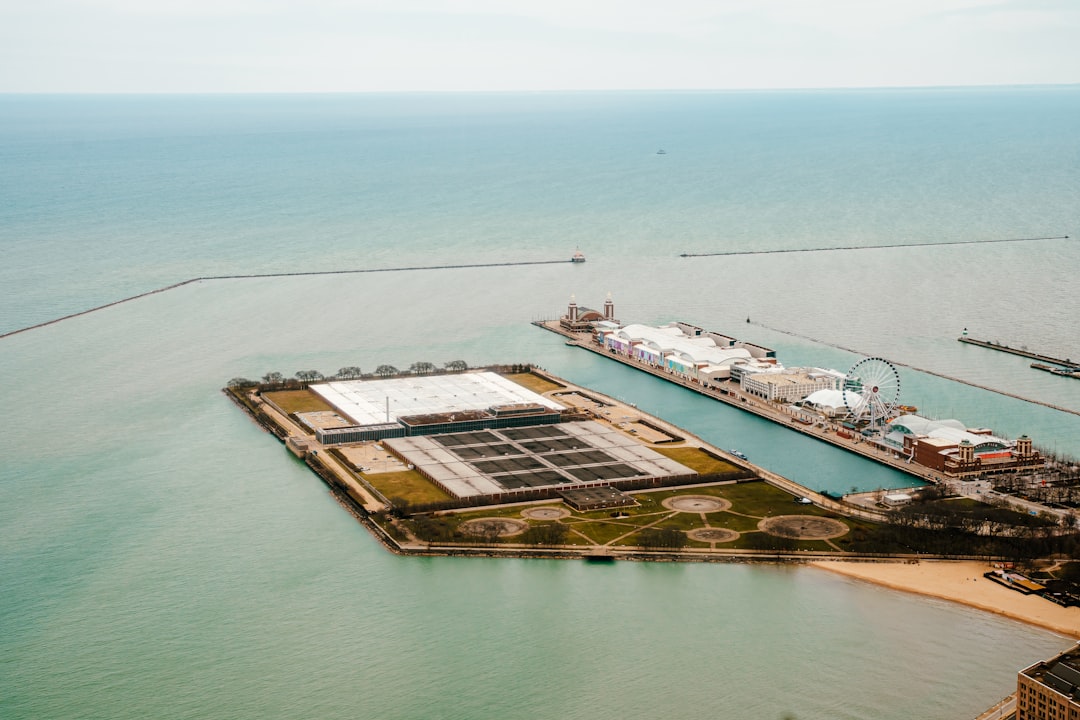In Illinois, strict spam call laws enforced by the Attorney General's Office protect residents from unsolicited phone calls. Businesses must obtain explicit consent for automated or prerecorded calls, and specialized law firms educate them on best practices to avoid legal issues. There has been a rise in anti-spam initiatives involving state agencies and community organizations that empower residents to report scams and block unwanted calls. Spam call law firms play a vital role in defending consumers, navigating legal complexities, and advocating for stricter penalties, significantly reducing spam calls across the state.
In the digital age, Illinois residents are increasingly plagued by spam calls, leading to a growing need for awareness and effective countermeasures. This article explores the most impactful events centered around spam call awareness in Illinois, shedding light on the state’s stringent spam call laws and their enforcement. We delve into the significant role that law firms play in combating these nuisance calls, providing insights into successful strategies and initiatives. By understanding these efforts, residents can better protect themselves and stay informed about their rights.
Understanding Spam Call Laws in Illinois

In Illinois, understanding and adhering to spam call laws is crucial for both businesses and consumers alike. The state has implemented strict regulations to protect residents from unsolicited phone calls, often known as spam calls. These laws are primarily enforced by the Illinois Attorney General’s Office, which has the authority to take action against violators. One of the key aspects of these regulations is the requirement for companies to obtain explicit consent before making automated or prerecorded phone calls.
Illinois law firms specializing in consumer protection play a vital role in educating businesses about these spam call laws and helping them navigate compliance. They offer guidance on best practices, such as providing an opt-out mechanism during initial contact and maintaining accurate records of caller activity. By adhering to these guidelines, businesses can avoid legal repercussions and ensure they treat consumers fairly, fostering trust and respect in their interactions.
Notable Spam Call Awareness Events in Recent Years

In recent years, Illinois has witnessed several notable spam call awareness events that have significantly contributed to educating its residents about the perils of unsolicited phone calls. One prominent initiative was the collaboration between state attorney general’s offices and local consumer protection agencies to launch aggressive campaigns against notorious spam call law firms. These efforts often involve public service announcements, workshops, and webinars aimed at raising awareness about do-not-call registry options and legal protections.
Additionally, community organizations and advocacy groups have played a pivotal role in organizing events that highlight the negative impact of spam calls on individuals and businesses. Through these gatherings, attendees gain insights into identifying scam artists, understanding state laws related to telemarketing practices, and learning effective strategies for blocking and reporting unwanted calls. Such proactive measures have empowered Illinois residents to take control of their communication channels.
The Role of Law Firms in Combating Spam Calls in Illinois

In the ongoing battle against spam calls, law firms in Illinois play a pivotal role in defending consumers and fostering a safer communication environment. These legal professionals are equipped with the knowledge and expertise to navigate complex laws and regulations related to telemarketing practices. By specializing in consumer protection, many law firms actively work to identify and expose unauthorized or malicious call campaigns, which helps deter spammers from targeting Illinois residents.
Through strategic litigation, public awareness campaigns, and educational initiatives, spam call law firms in Illinois are making significant strides. They collaborate with regulatory bodies to strengthen anti-spam measures and advocate for stricter penalties against violators. As a result, their efforts contribute to reducing the volume of unwanted calls, providing much-needed relief to residents who often feel powerless against persistent spammer activities.






